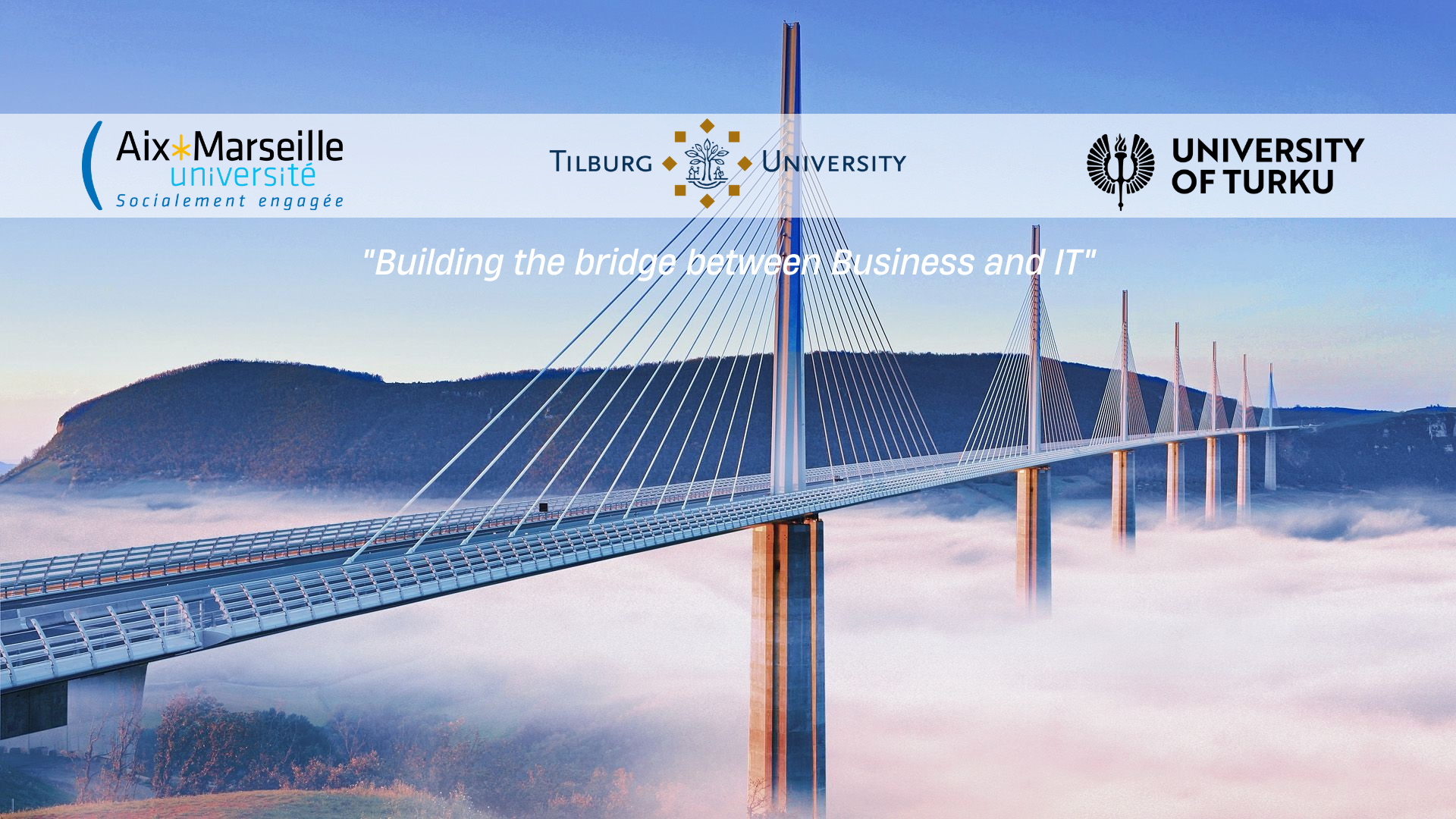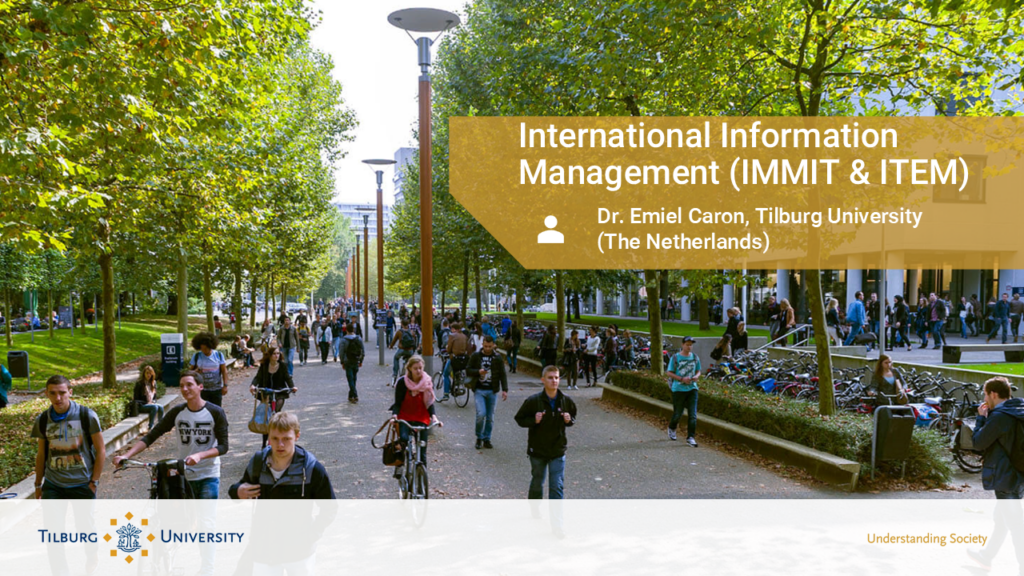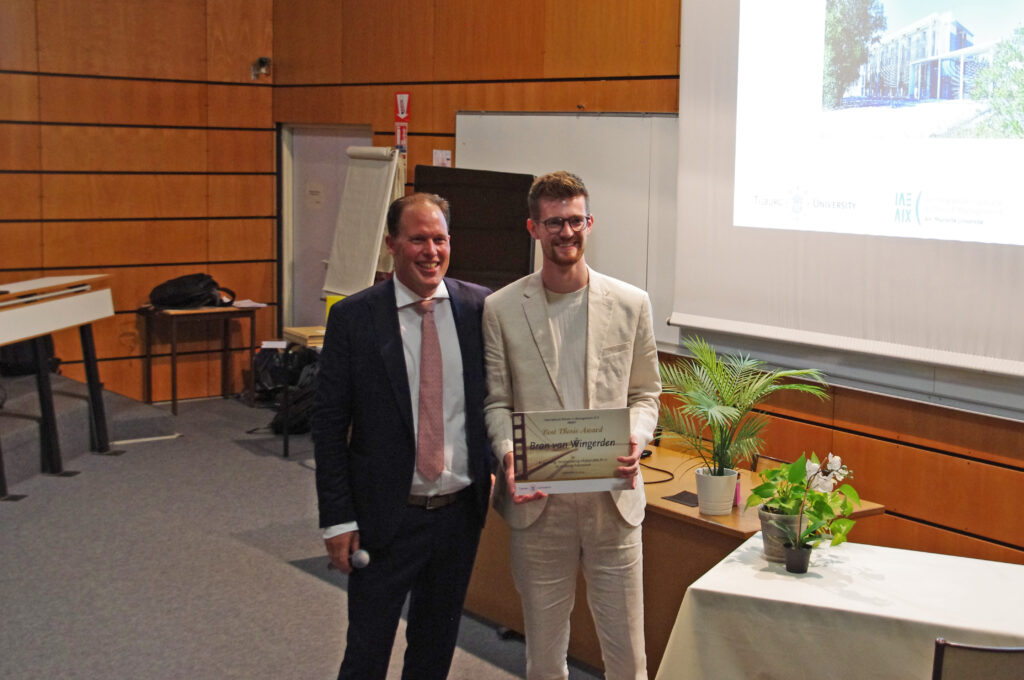Subject: RFID in Retail
Title: Leveraging RFID in Retail: From Stock Management to Customer Experience Enhancement
Abstract:
Radio-Frequency Identification (RFID) has long been associated with inventory management and operational efficiency in retail. However, recent developments show that RFID can also serve as a strategic enabler of customer experience, supporting digital transformation efforts. This thesis investigates how retailers can leverage RFID beyond stock optimization to enhance customer experience, while overcoming implementation challenges.
The study adopts a qualitative multiple case study approach, drawing on both primary and secondary data. Four companies from different retail sectors are examined: a luxury fashion brand (Luxury House), Decathlon, Uniqlo, and Kroger. Data were collected through semi-structured interviews and analysis of public sources, and were coded thematically across two dimensions: customer experience improvements and barriers to RFID implementation.
The findings highlight several best practices for enhancing customer experience through RFID, including real-time inventory visibility, personalized in-store services, seamless checkout, and omnichannel integration. The study also identifies recurring challenges, such as technical complexity, training needs, financial justification, and privacy concerns. Additional insights were observed around operational efficiency, data analytics, and sustainability.
Based on these findings, the thesis proposes a best practices framework to guide retailers in deploying RFID technology effectively. The framework outlines strategic, technical, and organizational components necessary to align RFID adoption with customer experience goals. This work contributes to the literature by bridging operational and experiential perspectives on RFID and offers actionable guidance for retail managers navigating RFID transformation initiatives.
Key words: RFID, retail, customer experience, best practices, framework, digital transformation, case study, inventory accuracy, checkout process, implementation challenges.






